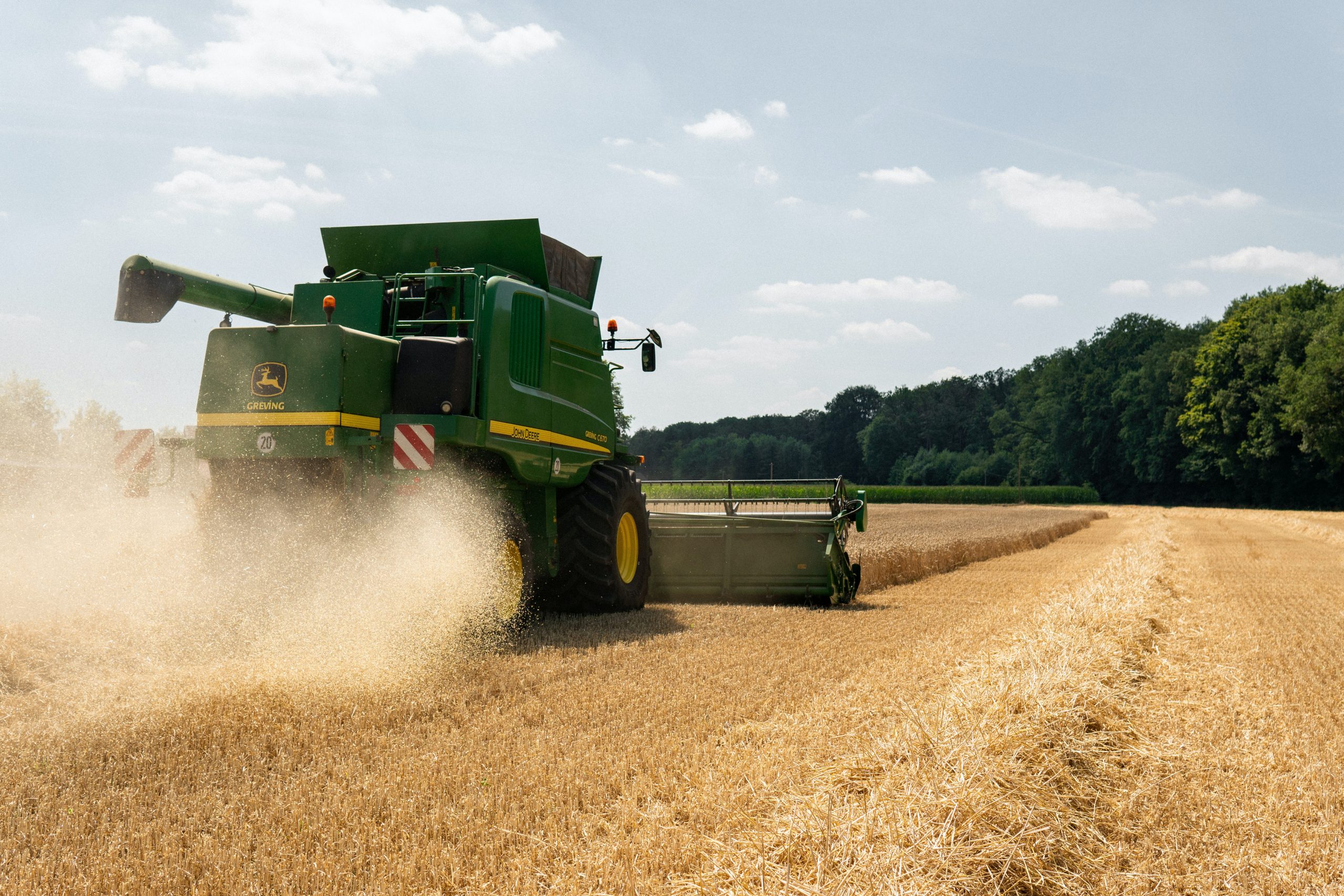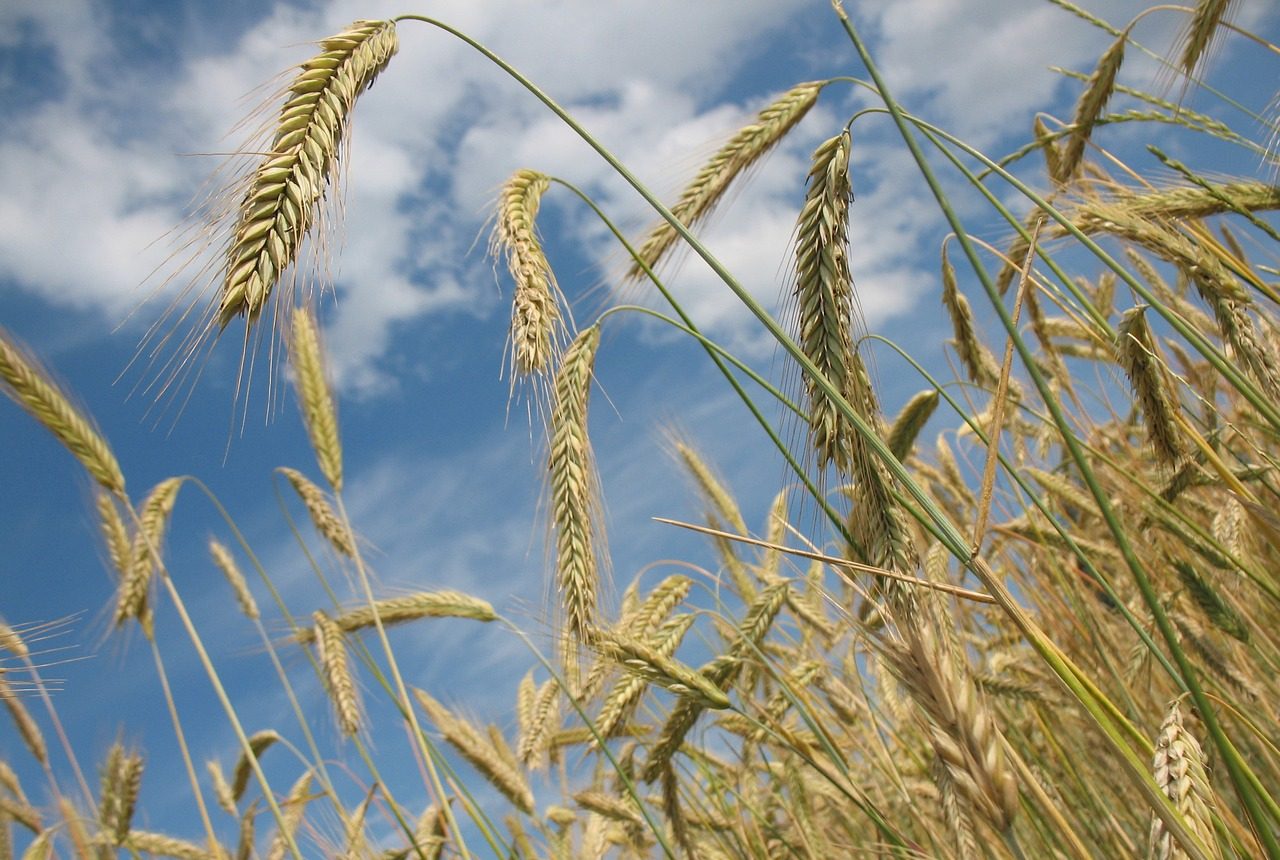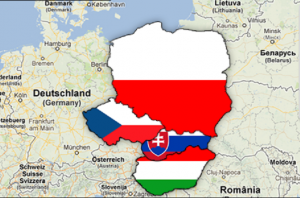
Five member states asked the European Commission to take action on the issue of Ukrainian grain entering Europe duty-free.Continue reading

The Visegrad cooperation has shown its true colors just when everyone would have buried it: the Ukrainian grain ban has shown that it is not just a political wind that blows, but economic rationality itself, writes Roland Járdi for Hungarian economy news portal, Világgazdaság.
For the first time since the outbreak of the Russo-Ukrainian war, Visegrad cooperation showed signs of life, after the Ukrainian grain ban brought the previously strong alliance of Central and Eastern European countries back together, albeit only briefly.

Facebook Visegrad 4 Hungary
For weeks, six Central European countries (Poland, Hungary, Slovakia, the Czech Republic, Bulgaria and Romania) have been trying to act together to tackle the Ukrainian grain imports that have turned the entire grain market in Europe upside down. Although the intention was to help African countries by ‘freeing’ the grain, it has caused serious disruption on the markets of the countries concerned. In Hungary, the price of grain per tonne has fallen from 130-140 thousand forints to 50-60 thousand forints, but the damage has been even worse for Polish farmers, where discontent was the highest in the bloc, and the street protests have even led to a change of ministers. Poland’s EU ambassador Andrzej Sados said
Poland was happy to continue supporting Ukraine with food purchases, but but the price should not be the bankruptcy of millions of Polish farmers.
In the end, a compromise solution was reached to allow transit shipments through but not to allow goods to remain in the country, but the ban immediately began to crack the new friendship between Poland and Ukraine, with the Ukrainian dairy union calling for the Ukrainian government to respond by banning Polish dairy imports into Ukraine.
Slovakia has taken similar measures to those taken by Poland and Hungary, temporarily banning imports of food from Ukraine. Branislav Becík of the second-strongest party, Hlas-SD, said there could already be millions of contaminated flour packets on Slovak shelves.
The Czech Republic has become the only member of the region with an ambiguous position, with Agriculture Minister Zdenek Nekula announcing that he has tightened controls on food entering and passing through the country to detect problems, but he has no plans to ban imports of Ukrainian grain and other agricultural products, and believes that such unilateral restrictions will not solve anything. It was an inelegant move by the minister to complain to the European Commission about import restrictions issued by Hungary and Poland. Just as an aside, it is perhaps no coincidence that the current government in the Czech Republic has the worst rating in the last ten years, according to recent opinion polls.
It is a strange twist of fate that it is Ukraine that has created this unity, which in the past year has fundamentally upset the entire European formula and with it the Polish-Hungarian strategic alliance, which was previously considered unbreakable. This does not mean, of course, that the V4 is back to business as usual, which may seem an illusion today, but the Ukrainian grain ban has shown that
cooperation between the Visegrad countries is not simply a function of political winds or power relations, but of economic rationality, i.e. it can have a future based on economic issues.
Via VG.hu, Featured Photo: Pixabay